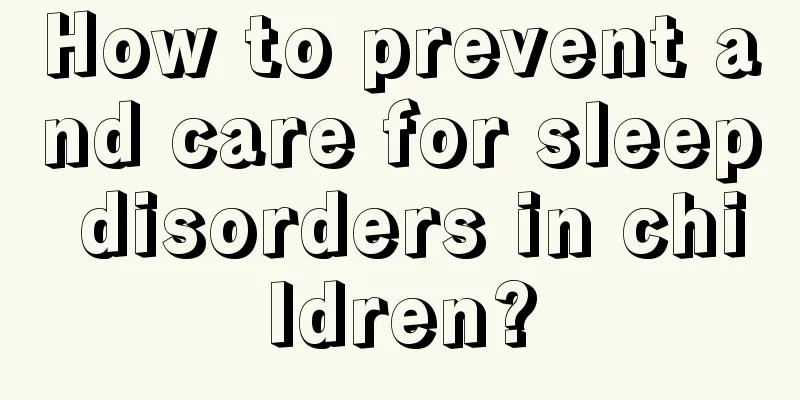Causes of nosebleeds in children

|
Nosebleed is a common condition in children, especially for children aged 4-10 years old. Even if the nose is not injured, nosebleed may occur. Generally, when their children have nosebleeds, parents will let their children tilt their heads back and plug their nostrils with toilet paper. Usually, this can stop the bleeding. In fact, this practice is wrong. If a child tilts his head back without stopping the nosebleed, it will easily cause the blood to flow back into the mouth, which will cause serious discomfort to the child. In fact, although it is important to stop the bleeding of a child's nose, it is more important to find out the cause of the child's nosebleed. There are four main reasons why children have nosebleeds: One reason is seasonal. The climate is dry in summer, which increases the incidence of nosebleeds in children. During this period, it is very common for children to have nosebleeds, so parents should pay more attention to their children's living habits and diet. The second reason is diet. Nowadays, most children are picky eaters and only like to eat meat but not vegetables. Their nutritional intake is not comprehensive, which leads to increased vascular fragility. The third is children's bad behavioral habits, such as rubbing the nose hard, which causes small blood vessels in the nose to rupture. This is also called trauma. Many nosebleeds are caused by external impacts when children are playing, which causes damage to the nasal tissue and causes nosebleeds. The fourth is disease causes, such as blood disease, fever, cough, etc., and at the same time, nasal diseases are one of the important causes of nosebleeds. Rhinitis, sinusitis, nasal concha hypertrophy, nasal polyps, etc. will indirectly cause capillary rupture and form frequent nosebleeds. When a child has a nosebleed, parents should not panic. Let the child sit quietly and fill the nasal cavity with clean cotton wool to stop the bleeding. If there is no cotton wool, you can also use your fingers to press the nose wing towards the facial bone for 5 minutes. Gently release your hand after 5 minutes. If bleeding is still occurring, take your child to the hospital. Apply a cold towel to the nose to constrict the nasal blood vessels. Avoid letting your child blow his nose or do strenuous exercise for half an hour after the bleeding stops to avoid repeated bleeding. If the bleeding still cannot be stopped effectively, or if nosebleeds occur frequently, it is recommended that parents take their children to the hospital for treatment to prevent potential harm. Now that we know the causes of nosebleeds in children, we also know how to stop them. In order to prevent nosebleeds in children, we hope that parents and friends will pay attention to taking good care of their babies, let them drink more water and eat more vegetables when they are dry, which will help prevent nosebleeds in children. |
<<: Six tips for getting kids to eat fruit
>>: The ten most difficult foods for babies to digest
Recommend
Best treatment and care for newborn baby eczema
After birth, newborns are not yet well adapted to...
Three-year-old baby gastroenteritis urine test protein 103
If a three-year-old baby develops gastroenteritis...
When will the baby laugh?
A baby's smile is the joy of the whole family...
What should I do if my baby always has eye mucus?
Babies have very weak constitutions, so they are ...
How to quickly whiten a tanned child?
Many families are worried that their children wil...
What to prepare for the first birthday
All parents hope that their babies can grow up he...
Health care measures for children with interstitial pneumonia
Children's physical health is an issue that p...
The reason why the baby has no hair on his head
When the baby is a few months old, he or she will...
What should you pay attention to in your baby's diet?
The baby's body is very fragile, so the baby ...
What to do with a three-year-old child's X-shaped legs
Children must pay close attention to their leg sh...
How to add complementary food to your baby
In most cases, you can add complementary foods to...
Baby's ear has scabs
Infancy is the most critical period. At this time...
What department should I go to for frequent urination in children?
Frequent urination does not only occur in adults,...
What to do if your baby has acne on his face
Parents will be very worried when they find acne ...
What to do if a two-year-old baby has a fever at night
When a two-year-old baby has a fever in the middl...









